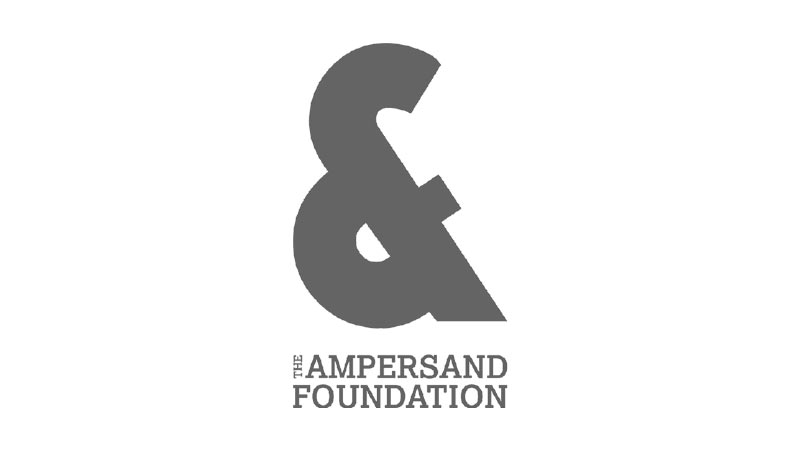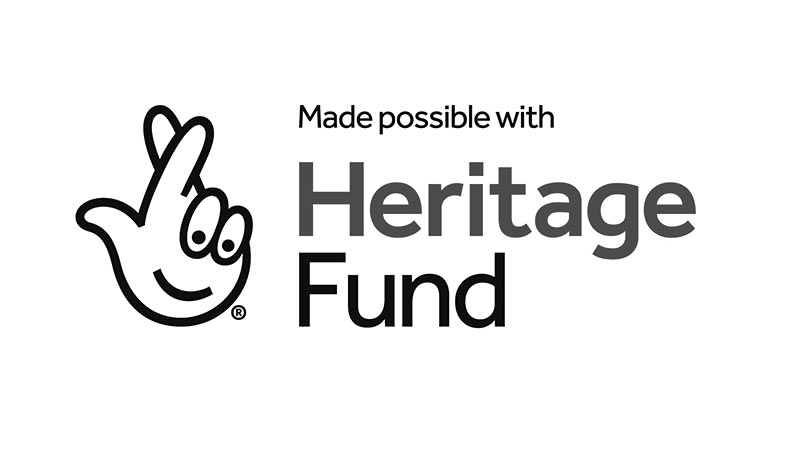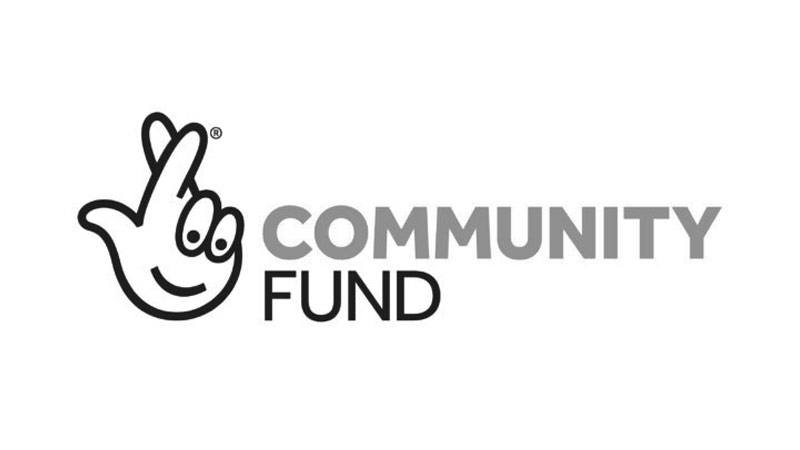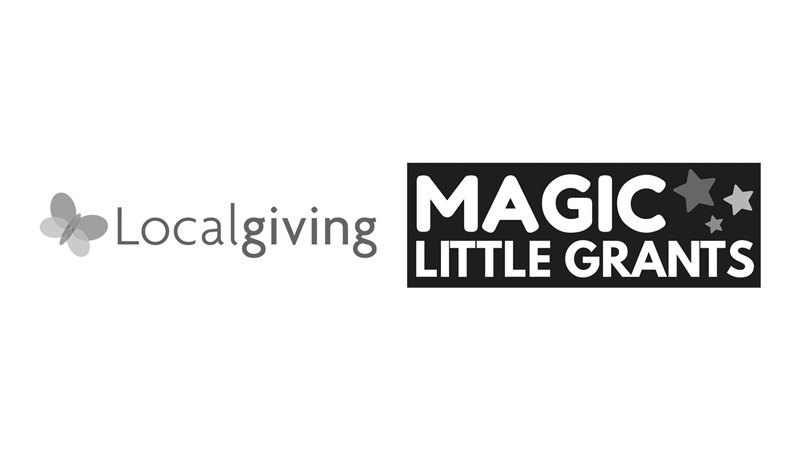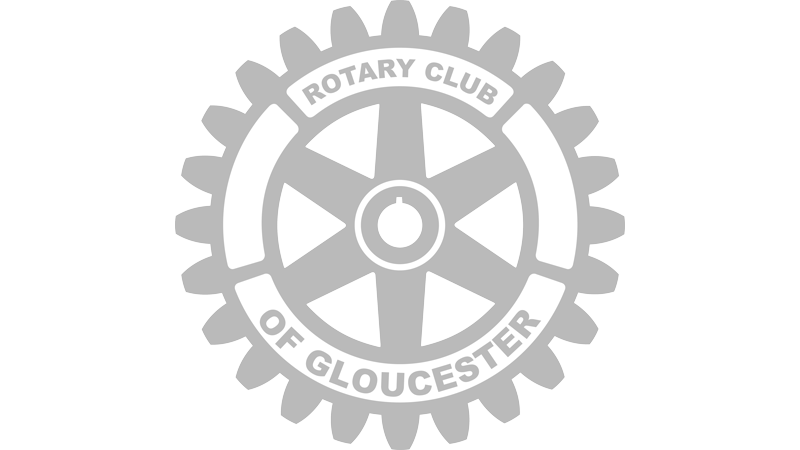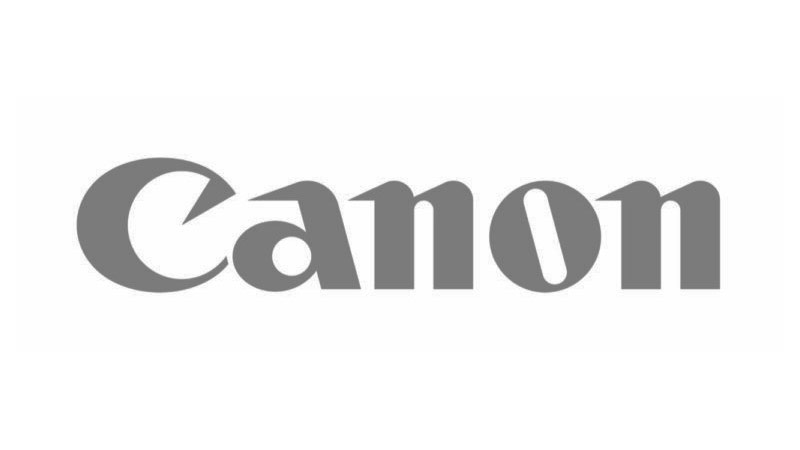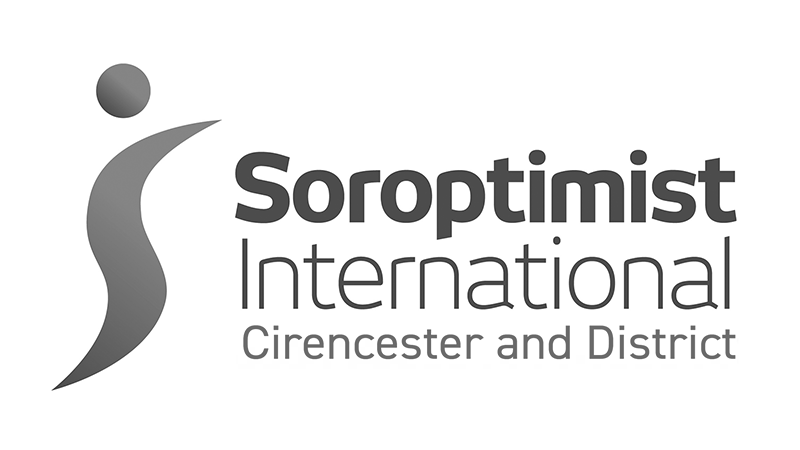Elly Niebuhr-Gellert (1914 – 2013)
(Elly Prager- Mandowsky)
Austrian photographer
Born in Vienna at the outbreak of the First World War into a Jewish family, Elly studied chemistry and apprenticed as a sewing pattern designer in a corsage studio.
In 1936, she enrolled at the Graphische Lehr- und Versuchsanstalt and as a committed Communist, began documenting the social conditions, housing projects and social care of ‘Red Vienna’.
She photographed the progressive achievements of Vienna’s Social Democratic government such as the Karl Marx-Hof housing complex and the Brigitta Hospital maternity clinic. She trained with Hella Katz Lowis’s photographic studio, but with the Nazi invasion, the studio was forced to close in 1939 and Elly fled to England and on to the US.
She then worked in portraiture and reportage in New York, initially in the Lorstan photo studio taking portraits of GIs and later in the studio of portrait photographer Hal Halpern.
She began to get involved politically within Communist circles there and followed the call to return to help rebuild Austria in 1947. Her parents had been killed in the Hungarian extermination camps, but Elly managed to claim restitution of their old apartment and set up a studio there.
She rebuilt her career, starting with children’s portraits, and moved into colour and commercial work in the mid 50s to became one of Vienna’s most sought-after fashion and advertising photographers, working for furniture maker Thonet, designer Fred Adlmuller and furrier Foggensteiner, amongst others.
Her name appeared regularly in the publications of the time, such as the Express, Kurier, Presse, Kronen Zeitung and she helped launch the careers of many well- known models including Charlotte Telkes. Elly also documented post-war Austria as it regained its culture and identity. She balanced the commercial and the documentary, luxury with social issues, with an eye sensitive to pathos, fantasy and humour alike.
A collection of her work is held in the University of Applied Arts, Vienna archive , donated by her son, Thomas Gellert, in 2009.
By Paula Vellet

